Your skin, the body’s largest organ, serves as a protective shield between your inner self and the external environment. However, it isn’t impervious to the array of skin diseases that can affect its health and appearance. In this article, we’ll embark on a journey through the realm of face skin diseases, delving into their origins, symptoms, and the solutions available for each.
Unveiling Common Face Skin Diseases
1. Acne Vulgaris
Acne, the ubiquitous skin companion during teenage years, is recognized by the emergence of unsolicited pimples, blackheads, and whiteheads. Factors such as hormonal fluctuations, overactive oil glands, and the presence of bacteria join forces to orchestrate this common skin symphony.
2. Rosacea
Rosacea, often termed the “blusher’s curse,” paints the canvas of the face with persistent redness, visible blood vessels, and tender bumps reminiscent of pimples. This condition tends to favor individuals with fair skin, and it can be triggered by an ensemble of factors, including spicy foods, exposure to sunlight, and emotional stress.
3. Eczeme
Eczema, the harbinger of itchiness and inflammation, creates a landscape of dry, irritated skin. A genetic predisposition, along with environmental allergens and variables, takes center stage in the production of this skin discomfort.
Peering into Serious Skin Conditions
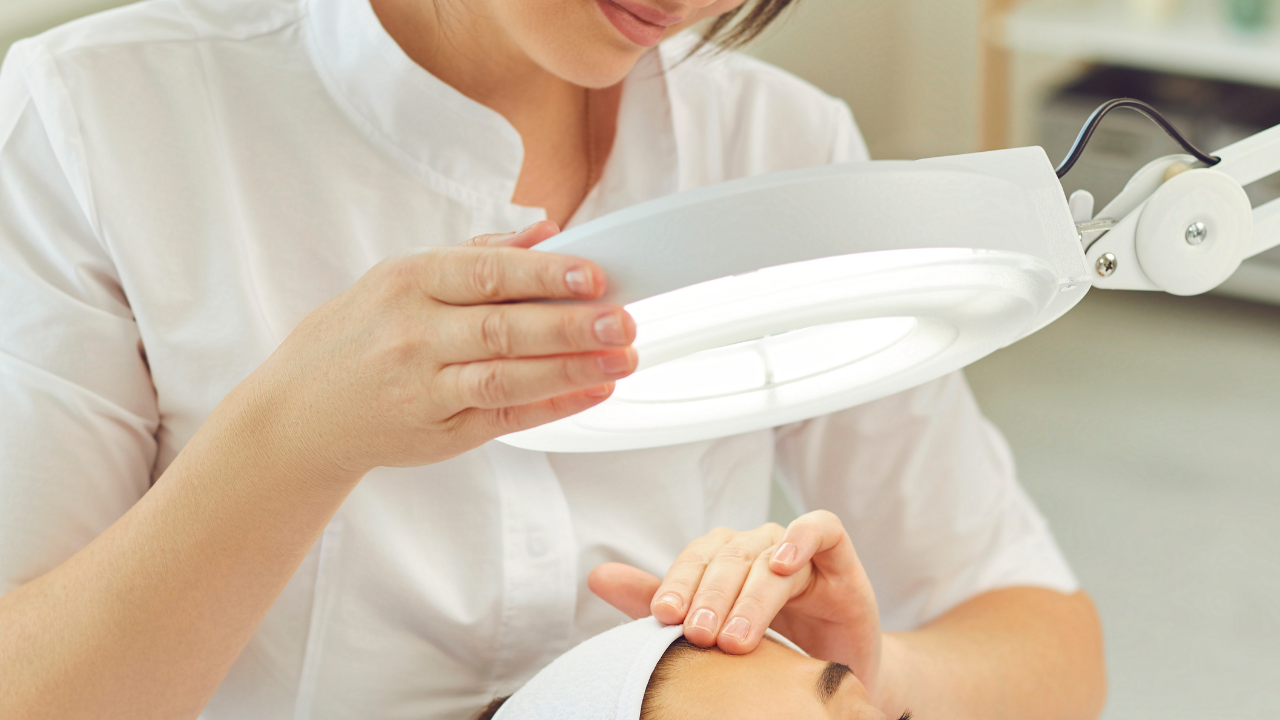
1. Psoriasis
Psoriasis, a tale of skin cell rebellion, accelerates the skin cell life cycle, leading to an overabundance of cells at the surface. This rebellion manifests as fiery red patches capped with silvery scales, causing both discomfort and self-consciousness.
2. Melasma
Melasma, a gentle yet persistent artist, paints the skin with patches of uneven pigmentation, most commonly gracing the face. Hormonal shifts, pregnancy, and even prolonged sun exposure act as the gentle brushstrokes that create this unique masterpiece.
Unearthing Infectious Skin Diseases
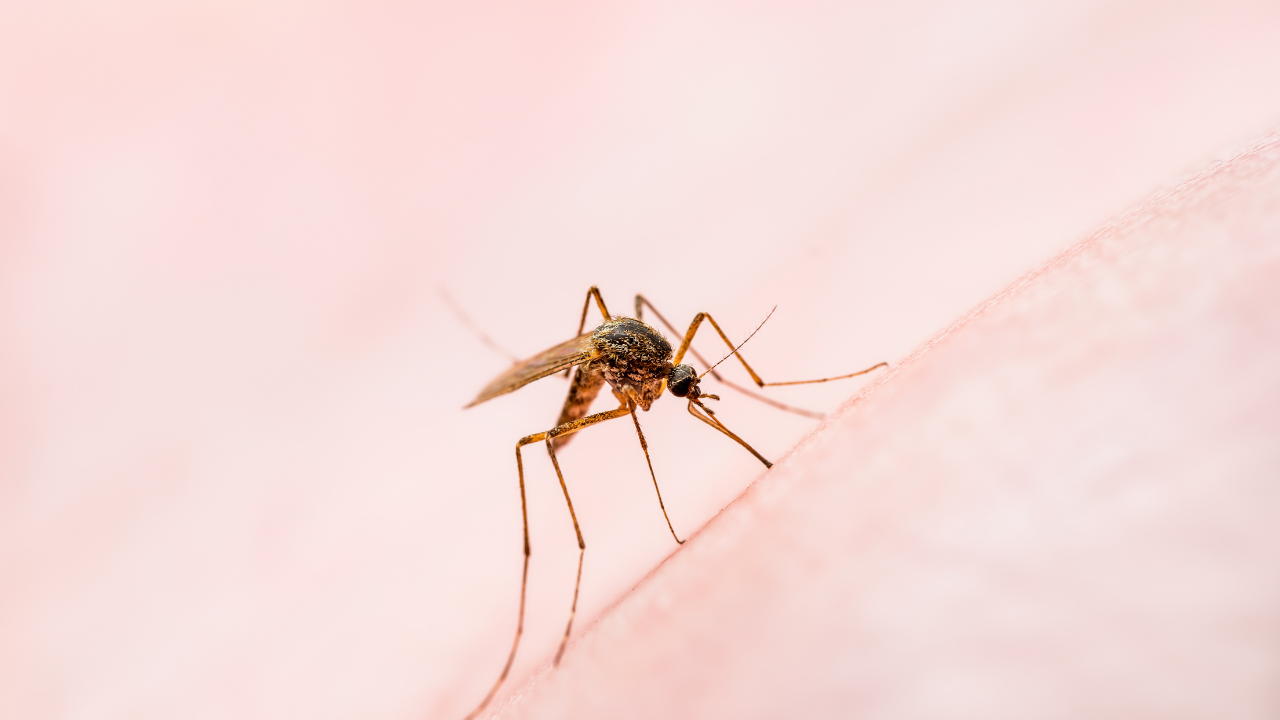
1. Impetigo
Impetigo, a contagious bacterial bonanza, transforms the skin into a battleground of red sores that eventually erupt, forming a crusty golden armor. This condition thrives on close contact and spreads with ease, especially among children.
2. Ringworm
Contrary to its name, ringworm isn’t a worm, but rather a fungal intruder that crafts circular rashes surrounded by raised edges. It’s a stealthy invader that can claim any part of the body, including the facial stage.
Illuminating Uncommon Skin Conditions
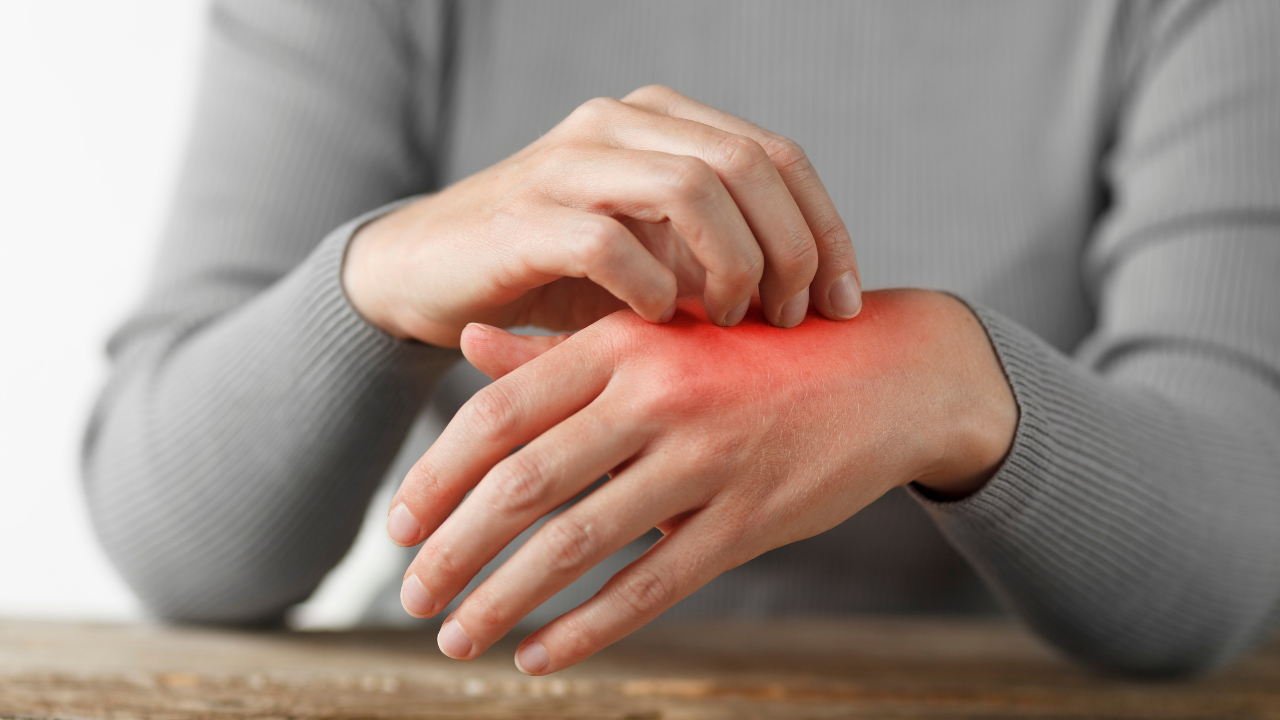
1. Vitiligo
Vitiligo, the artist of absence, erases patches of skin color, leaving behind a canvas of pale emptiness. This mysterious condition stems from the demise of melanocytes, the color-producing cells of the skin.
2. Xeroderma Pigmentosum
Xeroderma Pigmentosum, a rare genetic script, dictates an intense sensitivity to sunlight, culminating in severe sunburn and a heightened susceptibility to skin cancer.
Navigating the Treatment Landscape
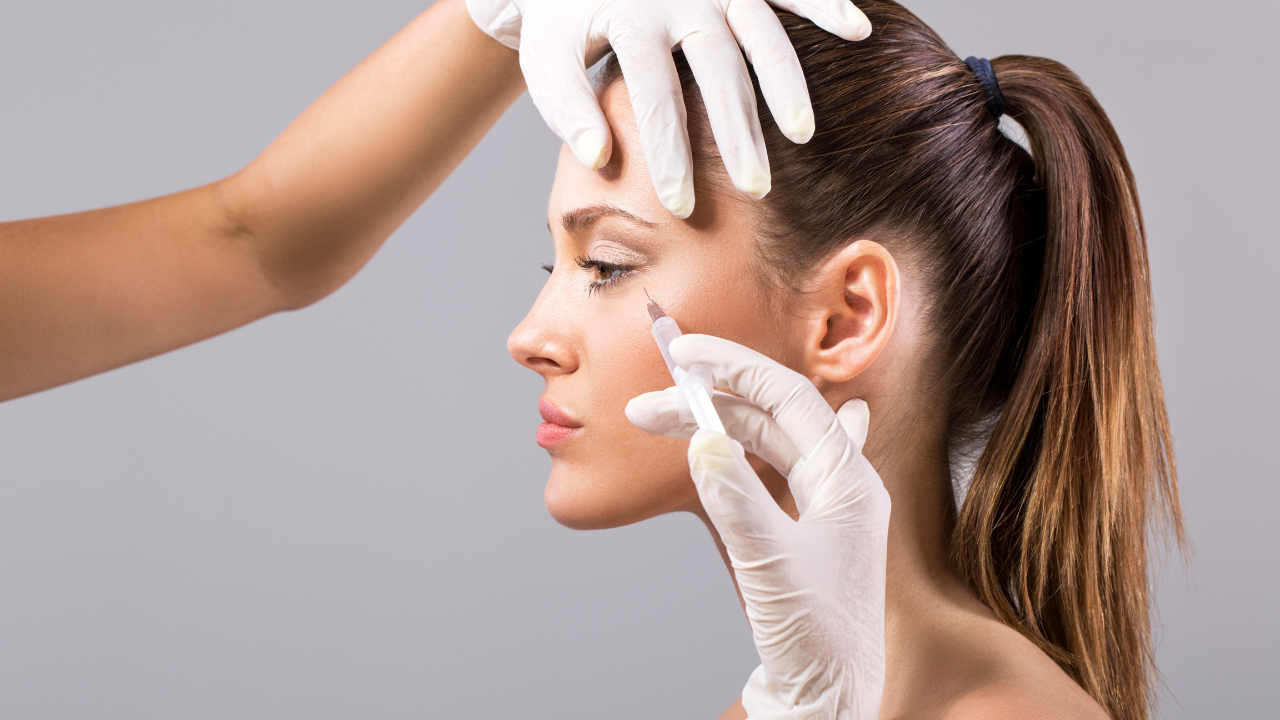
1. Topical Medications
For many skin conditions, the gateway to relief begins with topical creams and ointments. These concoctions, often fortified with antibiotics, steroids, or specialized agents, quell inflammation and usher in comfort.
2. Phototherapy
Phototherapy, a dance with controlled ultraviolet light, proves its prowess in managing conditions such as psoriasis and vitiligo. It gently persuades the skin to behave, coaxing it into a healthier state.
3. Oral Medications
Your Health Story and Allergies Matter
Before you jump into a new medication, your healthcare provider needs to know your medical history and any allergies you might have. After all, safety comes first.
Navigating the Maze of Medication Interactions
Medications can sometimes be like puzzle pieces, fitting together in intricate ways. But if the pieces don’t fit well, the results can be harmful. That’s why it’s crucial to inform your healthcare provider about all the medications you’re taking.
The Right Dosage and When to Take It
Consider your prescription a map, and the dosage and timing instructions as the guiding stars. Stick to the prescribed plan, for altering it might lead you astray.
Mastering the Art of Taking Oral Medications
Sticking to Your Medication Schedule
Consistency is your friend when it comes to medications. Create a routine that meshes with your daily life, so you never miss a beat.
To Eat or Not to Eat? The Food Factor
Picture this: some medications like the company of food, while others prefer solitude. Follow your healthcare provider’s advice to make sure your meds work optimally
The Usual Suspects: Common Side Effects
Just like any adventure, medications come with their share of side effects. Feeling queasy, dizzy, or tired might be on the list. But don’t worry, they usually fade away.
Knowing When to Seek Help
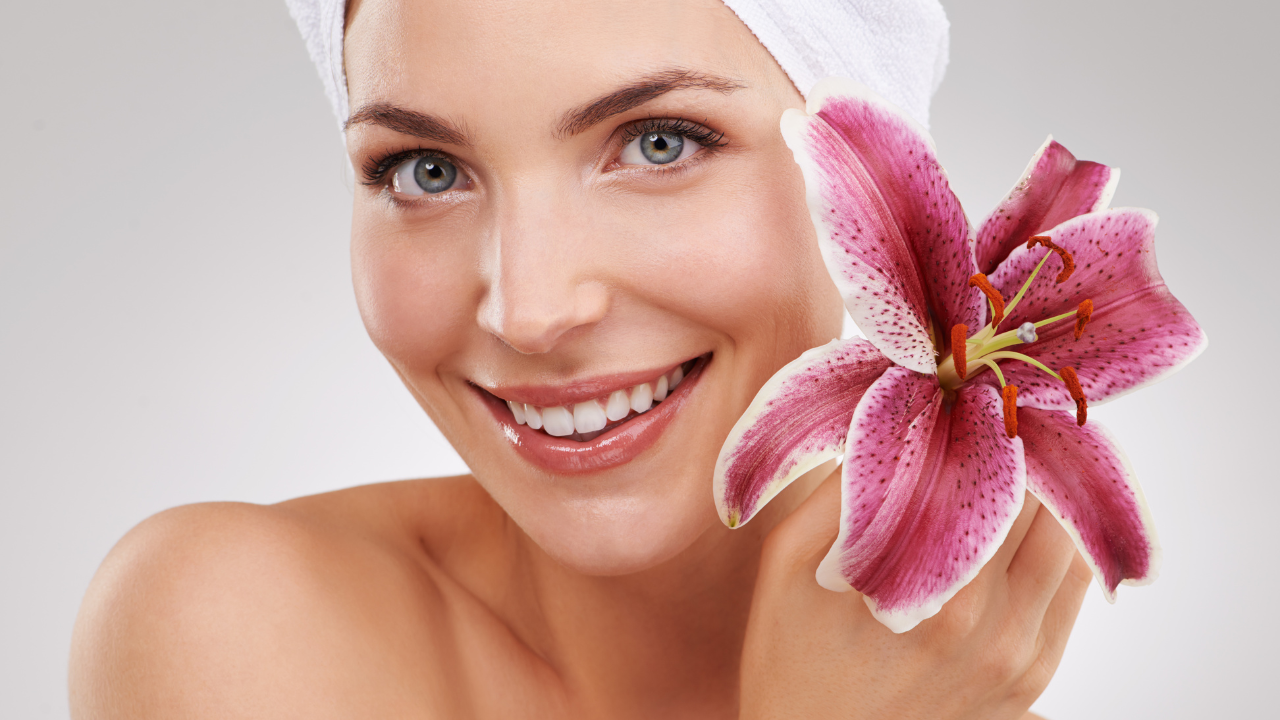
However, if side effects take a turn for the worse or catch you off guard, don’t hesitate to reach out to your healthcare provider. They’re there to help guide you through rough patches.
Clearing the Air on Common Beliefs
Medications sometimes come with myths attached. Let’s put those myths to rest and make room for accurate information.
Drawing the Curtain with Conclusion
The spectrum of face skin diseases is vast, stretching from the manageable realms of acne to the intricate territories of psoriasis and vitiligo. Remember, seeking the counsel of professionals in the field is akin to seeking guidance from seasoned explorers. Early intervention paves the way for smoother journeys, leading to healthier skin and enhanced well-being.
Addressing Curiosities: FAQs (Frequently Asked Questions)
1. Can face skin diseases be thwarted?
While not all skin conditions can be evaded, maintaining diligent hygiene and shielding your skin from excessive sun exposure can serve as proactive measures.
2. Do all face skin diseases possess contagious properties?
No, not all skin conditions possess the gift of contagion. Psoriasis and eczema, for instance, are non-communicable companions.
3. Can natural remedies cast a healing spell?
Natural remedies may offer solace to some, yet the wisest path involves consulting a dermatologist for a tailored plan of action.
4. Can stress add fuel to the skin disease fire?
Indeed, stress can stoke the flames of many skin conditions, including acne and eczema. Employing stress-reduction techniques can douse these fiery flare-ups.
5. When should I summon a dermatologist to my journey?
If persistent symptoms shadow your days, enlisting the guidance of a dermatologist is a prudent choice. Their expertise can illuminate the way to effective treatment and relief.


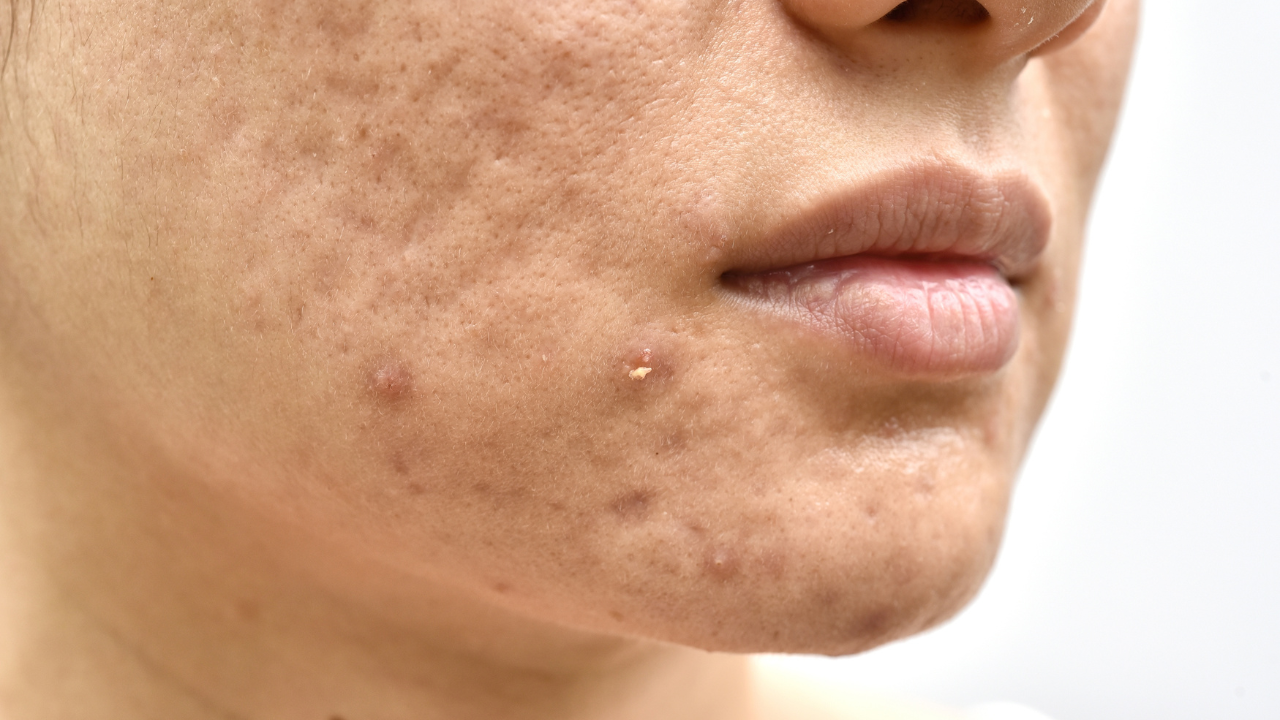


GIPHY App Key not set. Please check settings